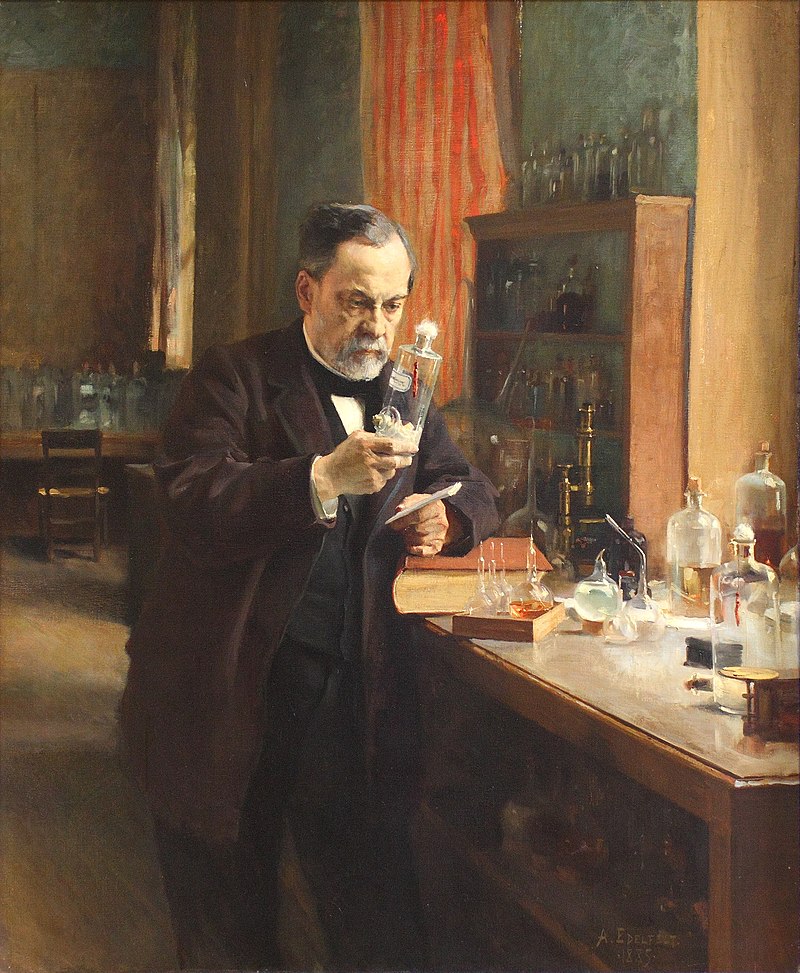Readings (Jerusalem Bible: Australia, England & Wales, Ireland, New Zealand, Pakistan, Scotland)
Readings (New American Bible: Philippines, USA)
Gospel Mark 7:1-8, 14-15; 21-23 (English Standard Version, Anglicised)
Now when the Pharisees gathered to Jesus, with some of
the scribes who had come from Jerusalem, they saw
that some of his disciples ate with hands that were defiled, that is,
unwashed. (For the
Pharisees and all the Jews do not eat unless they wash[a] their hands, holding to the
tradition of the elders, and when they come from the market-place, they do not eat
unless they wash.
And there are many other traditions that they observe, such as the
washing of cups and pots and copper vessels and dining couches.
And the Pharisees and the scribes asked him, “Why do your disciples not
walk according to the tradition of the elders, but eat
with defiled hands?” And he said to them, “Well did
Isaiah prophesy of you hypocrites, as it is written,
“‘This people honours me with
their lips,
but their heart is far from me;
in vain do they worship me,
teaching as doctrines the
commandments of men.’
You leave the commandment of God and hold to the
tradition of men.”
And he called the
people to him again and said to them, “Hear me, all of you, and understand: There is nothing outside a person that by going into him
can defile him, but the things that come out of a person are what defile him.”
For from within, out of the heart of man, come evil thoughts, sexual immorality, theft, murder, adultery, coveting, wickedness, deceit, sensuality, envy, slander, pride, foolishness. All these evil things come from within, and they defile a person.”
The Catechism of the Catholic Church reminds us that our faith is based on Sacred Scripture and Tradition:
One common source
80 "Sacred Tradition and Sacred Scripture, then, are bound closely together, and communicate one with the other. For both of them, flowing out from the same divine well-spring, come together in some fashion to form one thing, and move towards the same goal. "Each of them makes present and fruitful in the Church the mystery of Christ, who promised to remain with his own "always, to the close of the age".
. . . two distinct modes of transmission
81 "Sacred Scripture is the speech of God as it is put down in writing under the breath of the Holy Spirit."
"And [Holy] Tradition transmits in its entirety the Word of God which has been entrusted to the apostles by Christ the Lord and the Holy Spirit. It transmits it to the successors of the apostles so that, enlightened by the Spirit of truth, they may faithfully preserve, expound and spread it abroad by their preaching."
Tradition, with an upper-case 'T', is fundamental to our Catholic faith. But traditions, with a lower-case 't', can help us know and live our faith, can strengthen our sense of identity as a community of faith. Traditions too can give us a sense of identity as a family or a nation or any group to which we belong. Connected with traditions are symbols. National flags and anthems are examples. These help us to know who 'We' are. That doesn't mean being over and against others. When we are secure in our own communal identity we can honour and identify with other groups in theirs.
I am inclined to think - this is only my opinion - that one of the reasons for the exodus from the Catholic Church and the rejection of the Christian faith itself by so many in recent decades in the Western world is the abandonment of traditions and symbols by the Church after the Second Vatican Council (1962-65), none of them mandated by the Council. We abandoned the universal Friday abstinence from meat. We abandoned the Lenten fast. Catholics were encouraged to choose their own penances instead - Whatever you're having yourself, as we say in Ireland in a slightly different context. The communal aspect of traditions that had help bring the life of God himself to the Church for most of its existence was abandoned.
Everyone used to kneel at the altar-rails to receive Holy Communion. Altar-rails were taken out of so many churches. I could go on. A 2019 study in the USA shows that only thirty percent of Catholics there believe that in the Holy Sacrifice of the Mass the bread and wine become the 'body, blood, soul and divinity' of Christ. They see only symbols of Jesus Christ the Risen Lord in the Holy Eucharist. (The notes to the painting above touch on this).
This is not what the Tradition of the Church and Sacred Scripture teaches us. It was precisely on this issue that many of the disciples walked away from Jesus in last Sunday's gospel.
I'll conclude with the opening words of Pope Benedict's Angelus talk on 2 September 2012 when he spoke about today's readings, with my emphases: The theme of God’s Law, of his commandments, makes its entrance in the Liturgy of the Word this Sunday. It is an essential element of the Jewish and Christian religions, where the complete fulfilment of the law is love (cf. Rom 13:10). God’s Law is his word which guides men and women on the journey through life, brings them out of the slavery of selfishness and leads them into the 'land' of true freedom and life. This is why the Law is not perceived as a burden or an oppressive restriction in the Bible. Rather, it is seen as the Lord’s most precious gift, the testimony of his fatherly love, of his desire to be close to his People, to be its Ally and with it write a love story.
Traditional Latin Mass
Fifteenth Sunday after Pentecost
The Complete Mass in Latin and English is here. (Adjust the date at the top of that page to 09-01-2022 if necessary).
Epistle: Galatians 5:25-26; 6:1-10. Gospel: Luke 7:11-16.
When the Lord saw her, he had compassion on her (Luke 7:13; Gospel).











